Answered step by step
Verified Expert Solution
Question
1 Approved Answer
ENGR 1201: Introduction to Engineering Project: Green House High level Requirements Work in groups. Everyone must contribute to get full credit. Assign a group

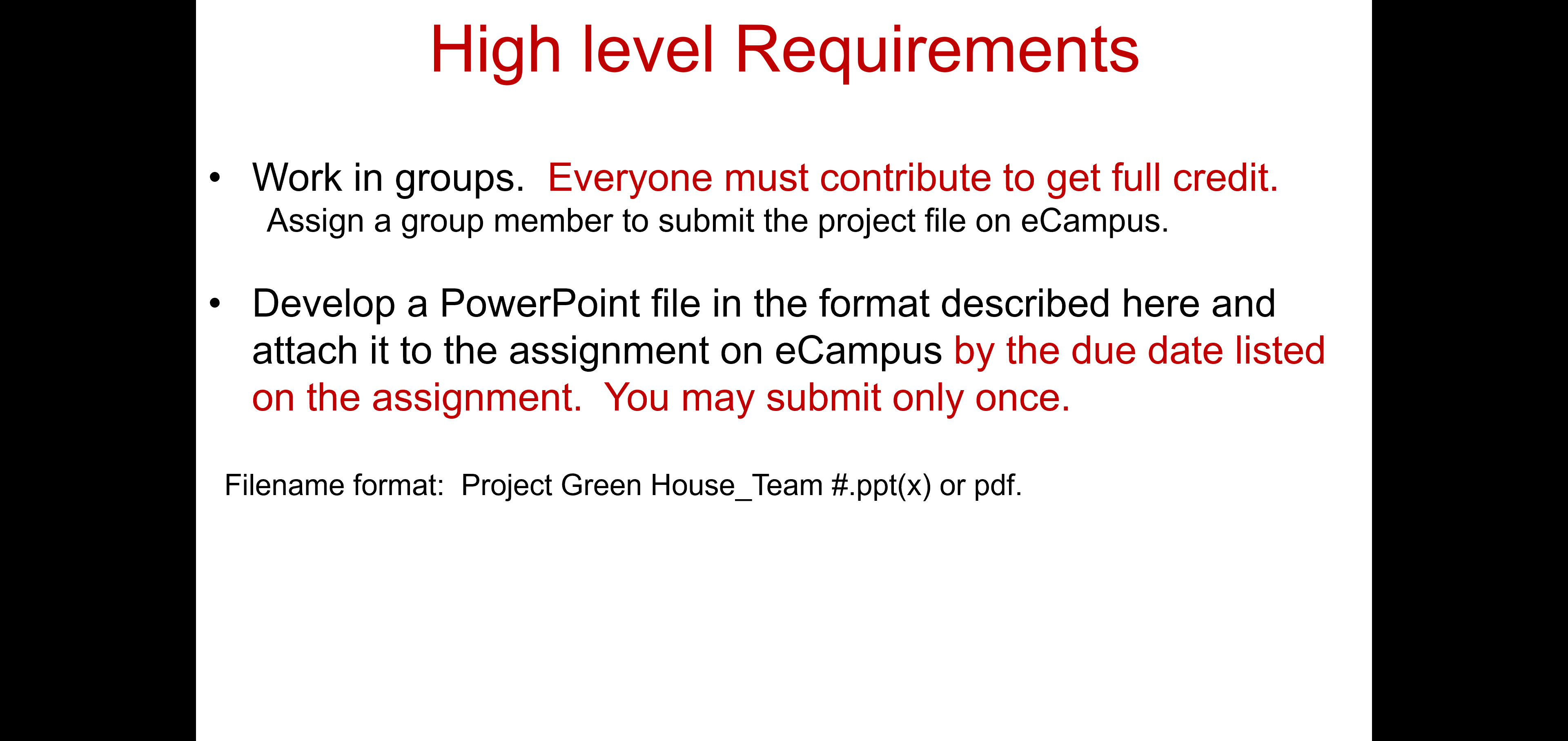
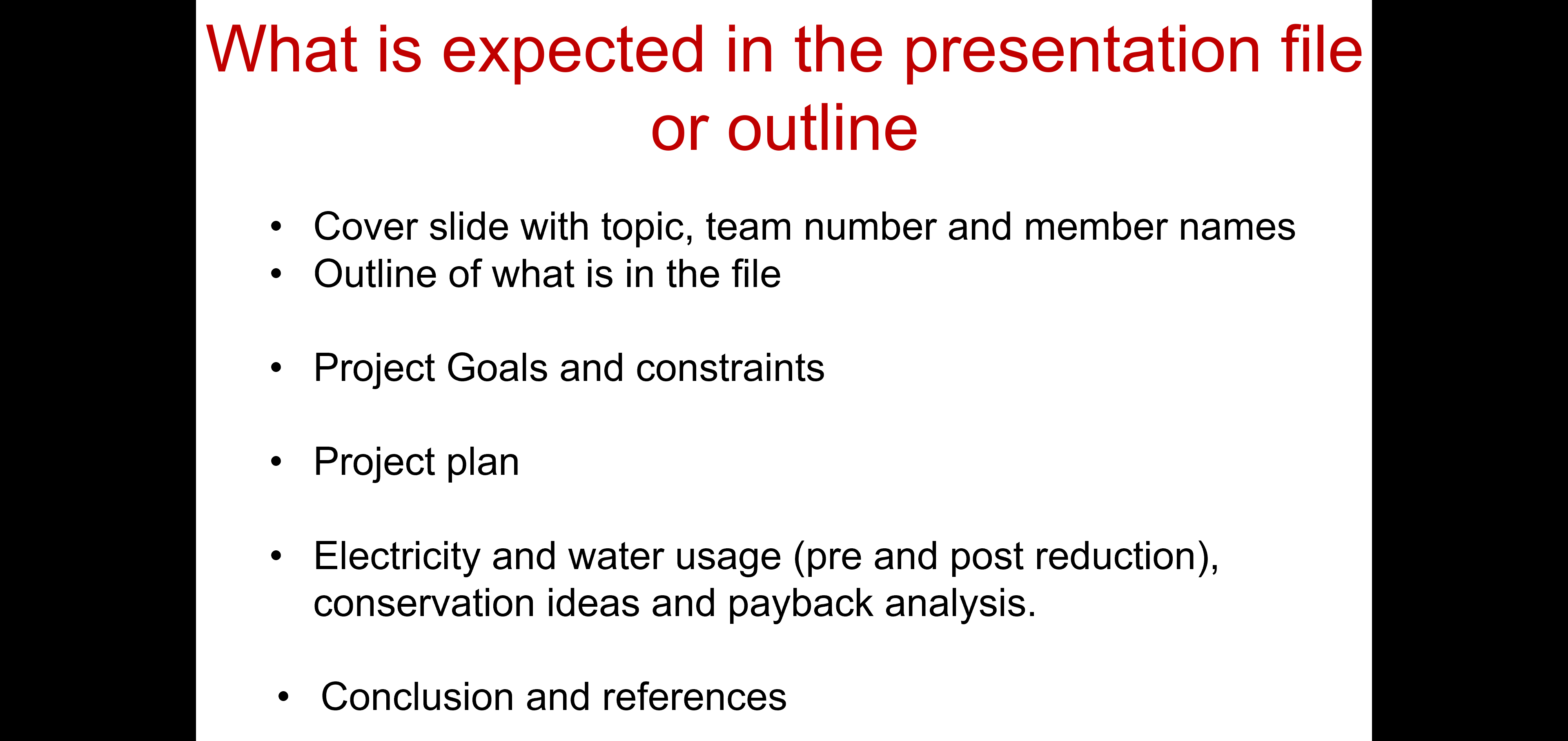
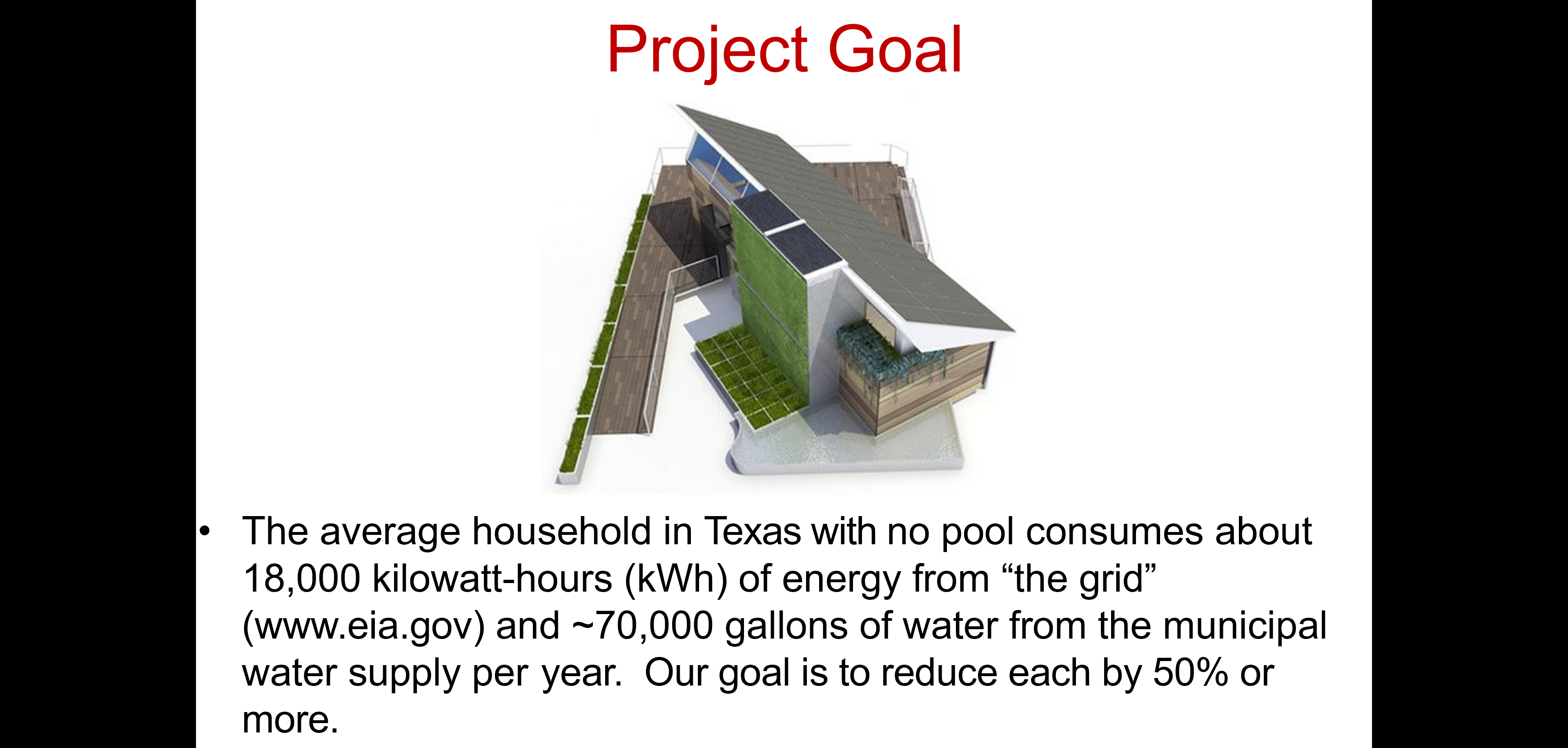
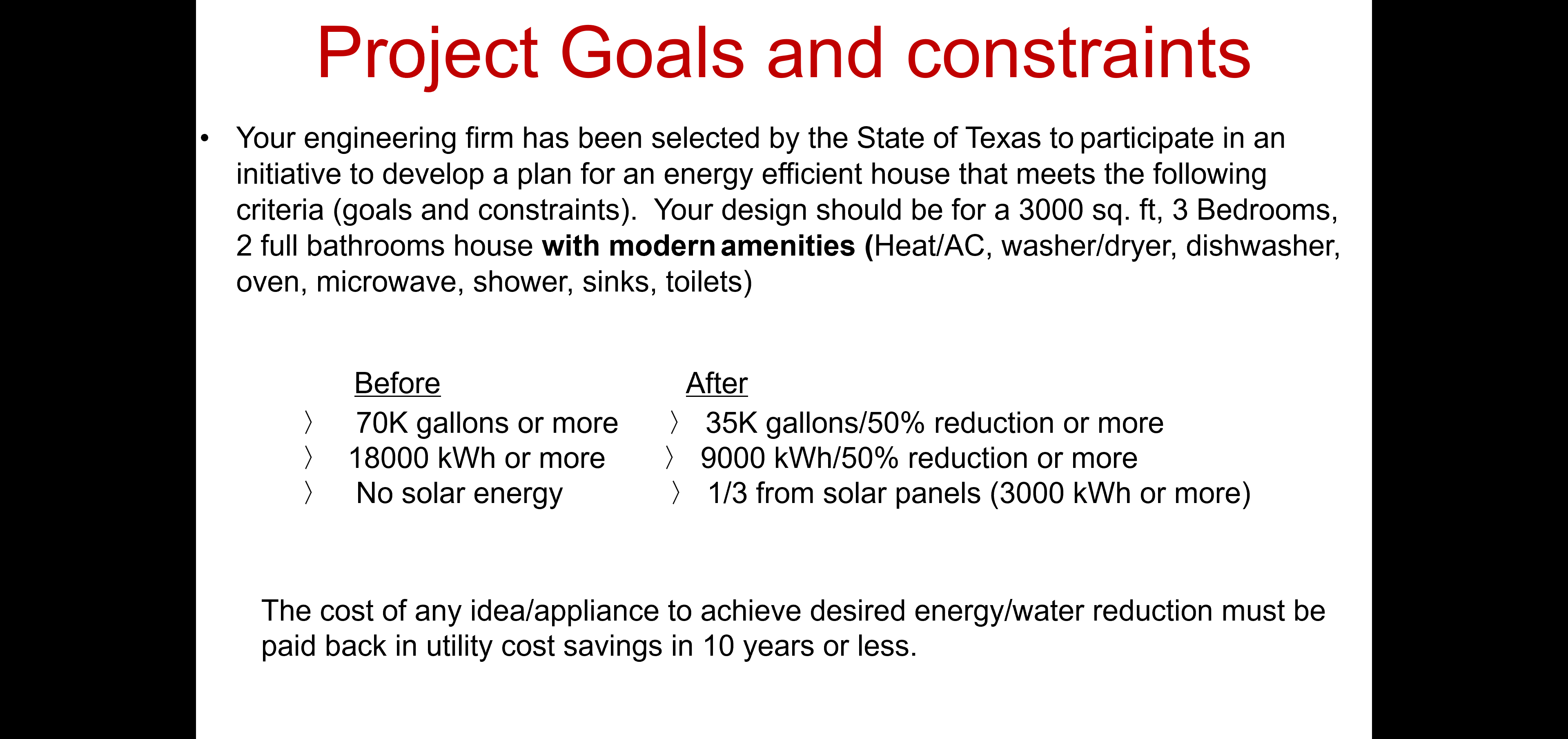
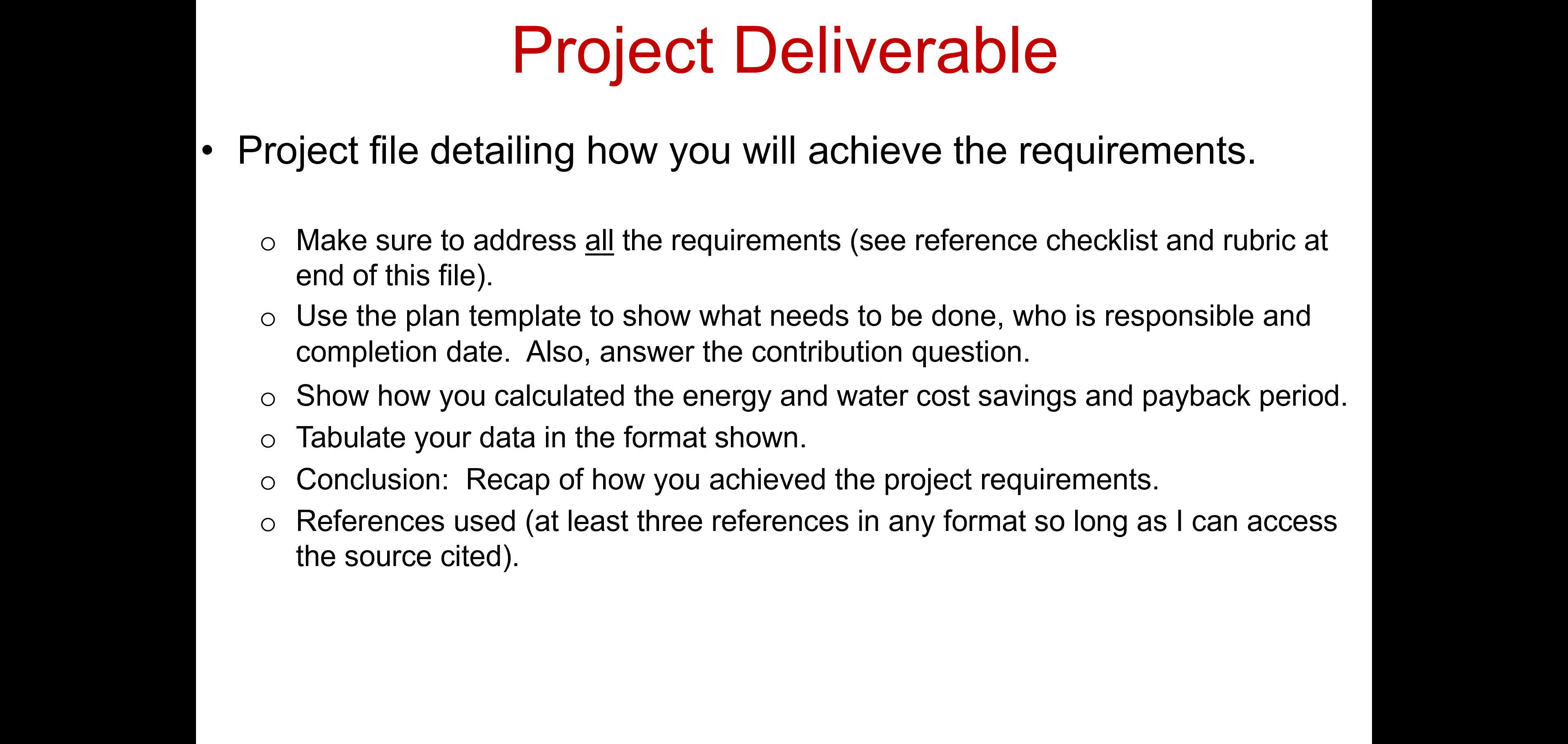
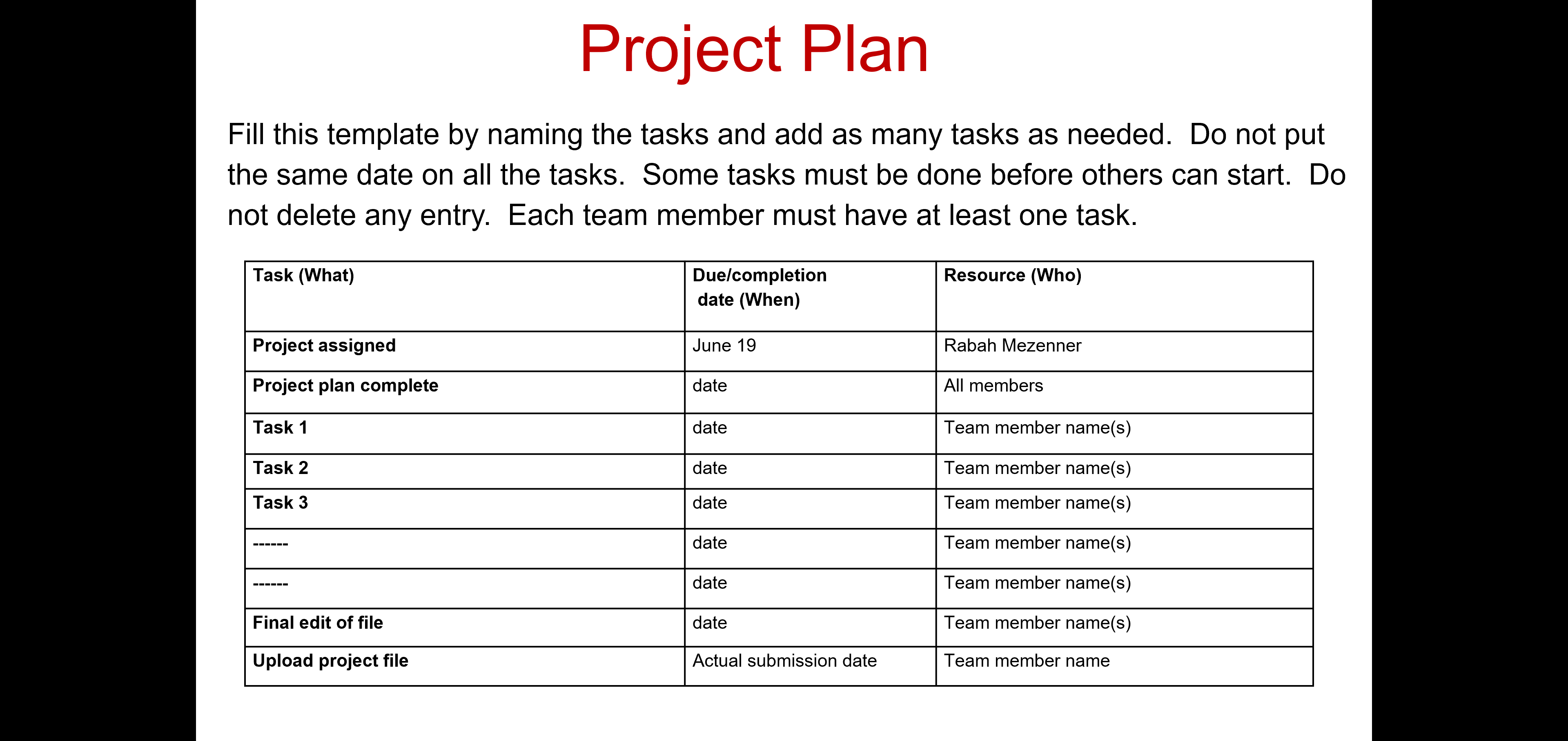
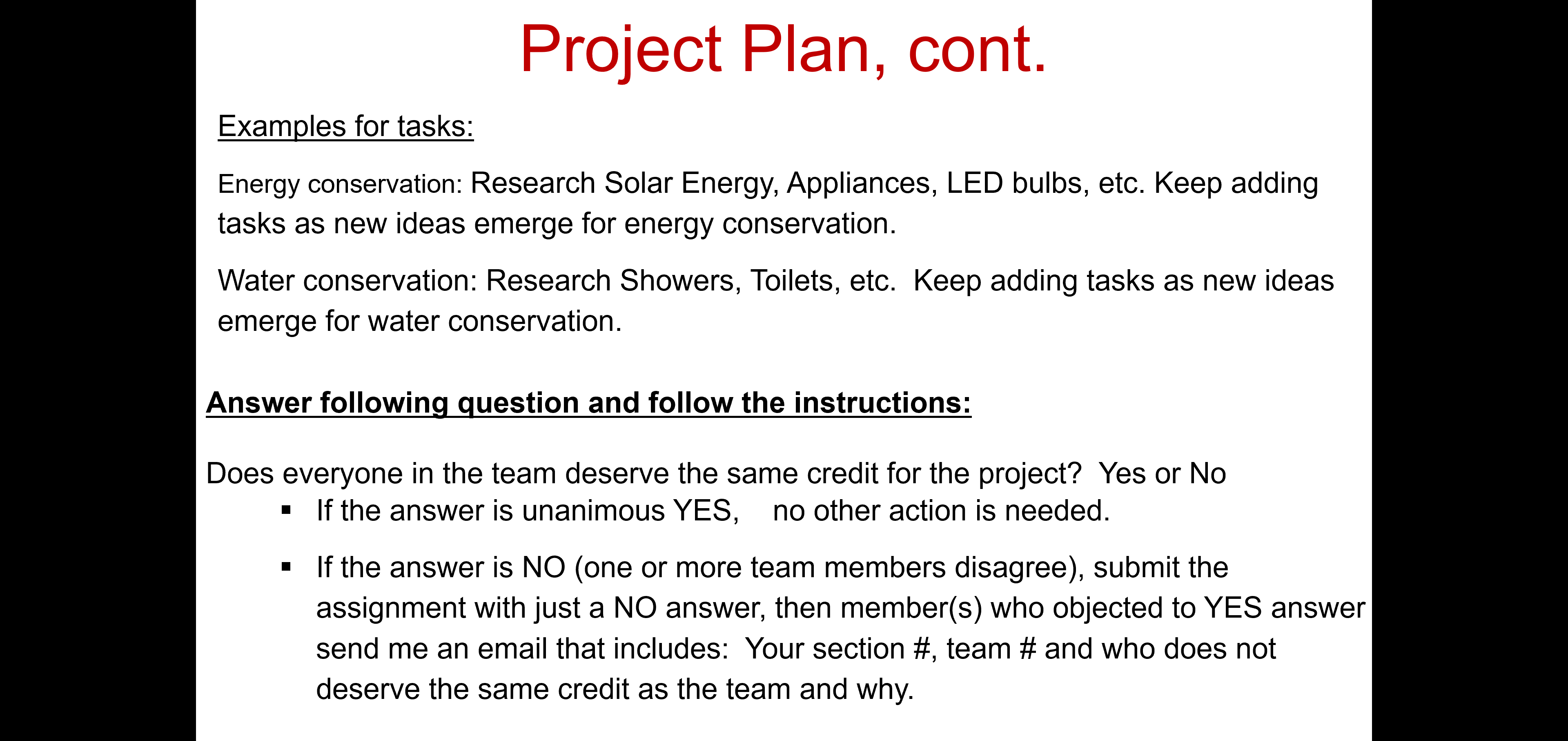
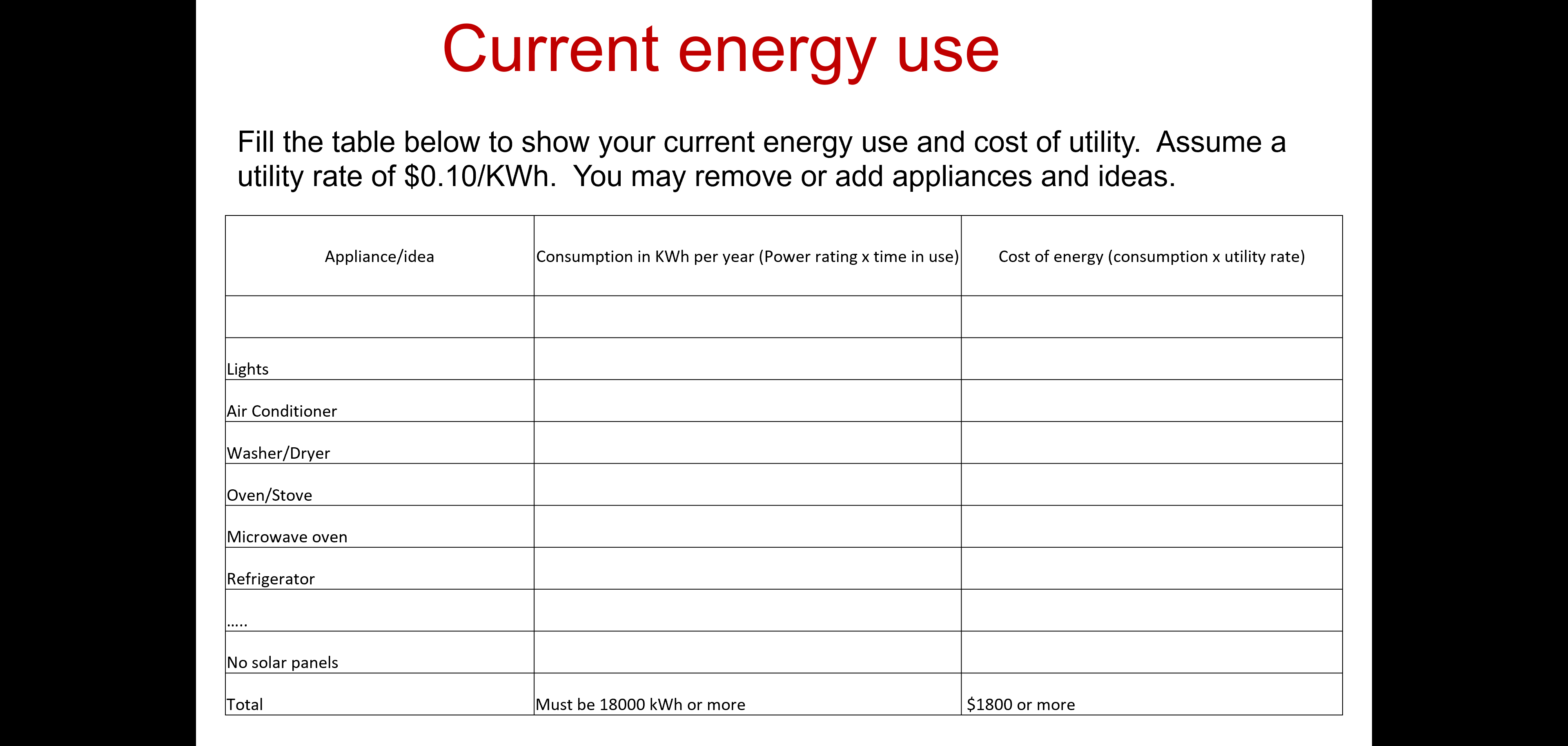
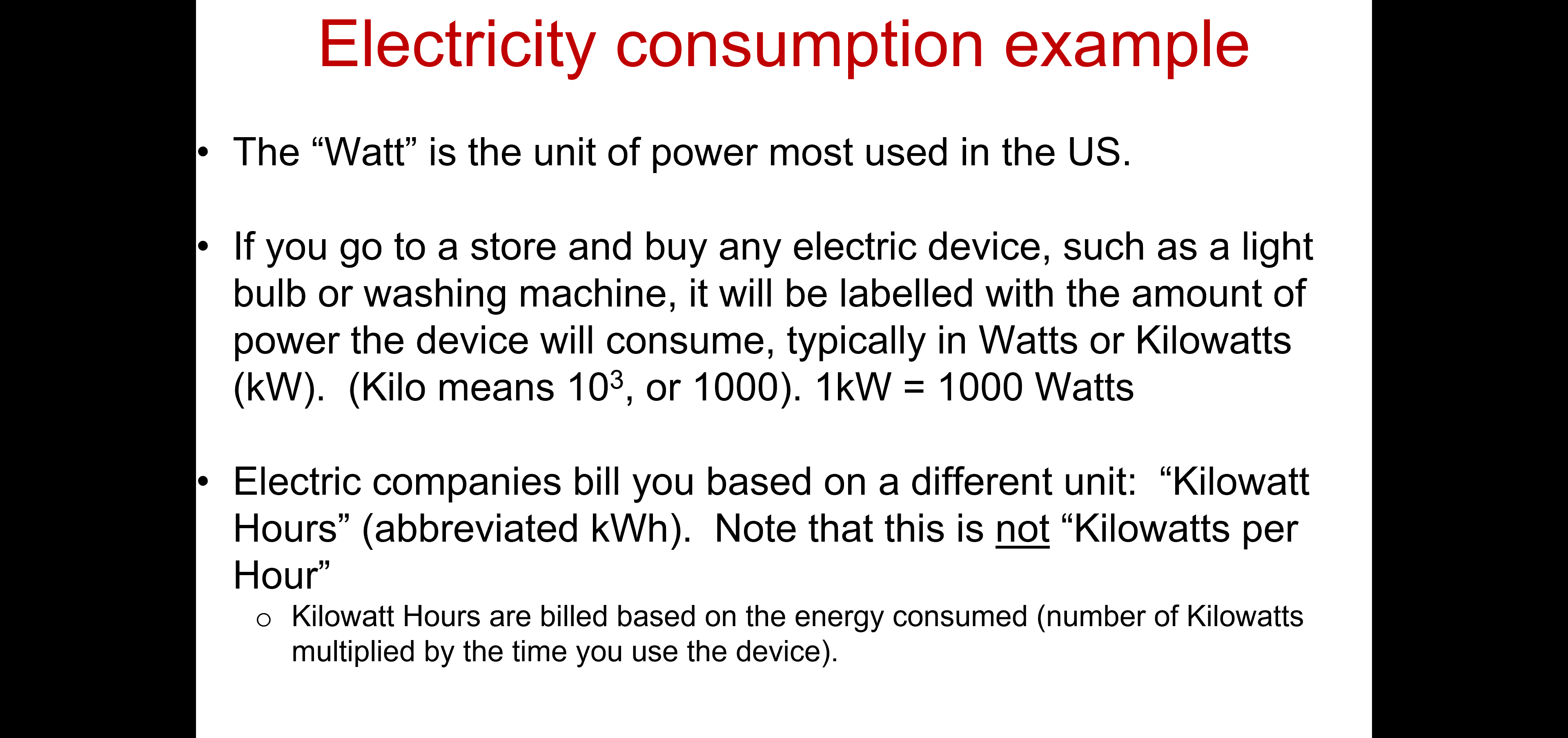
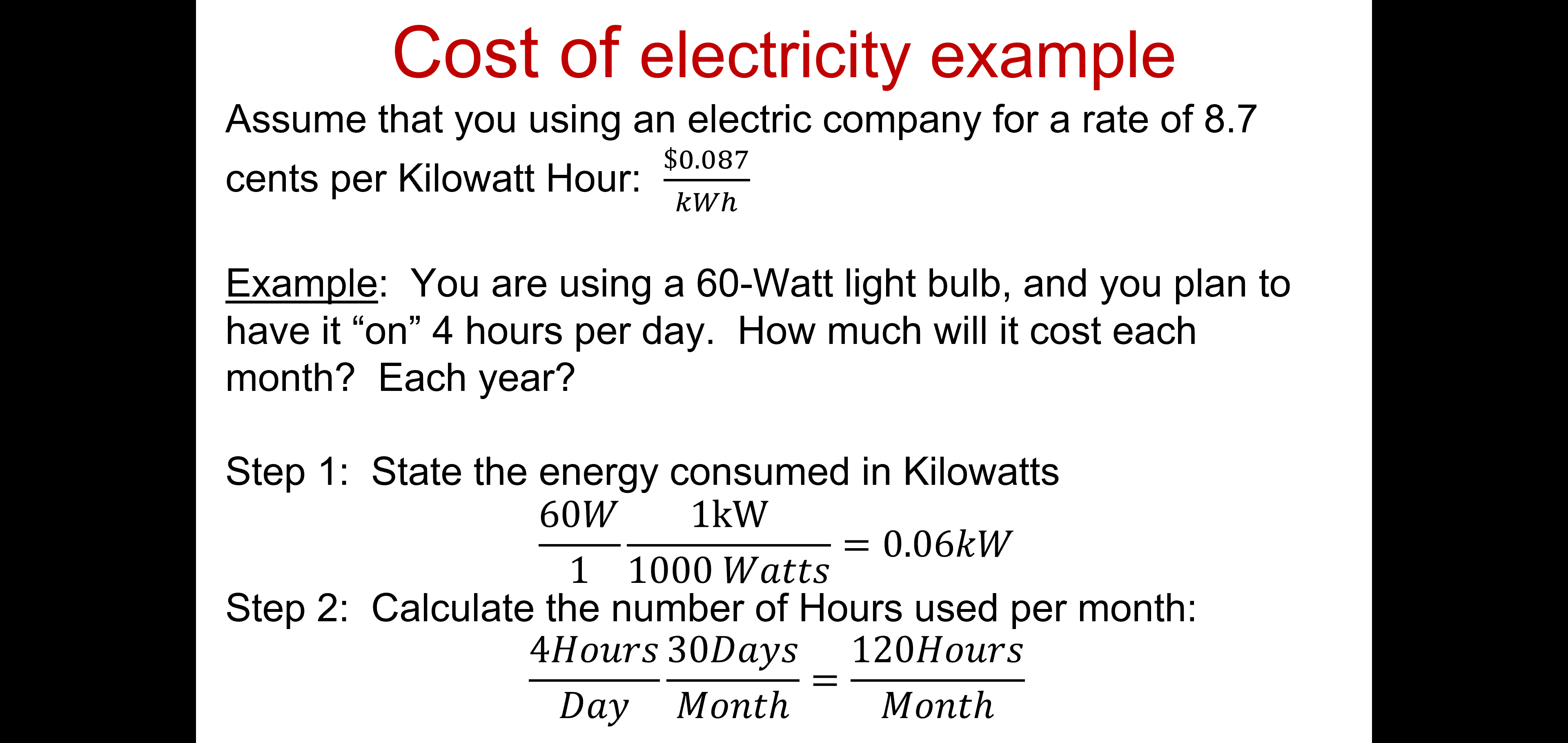
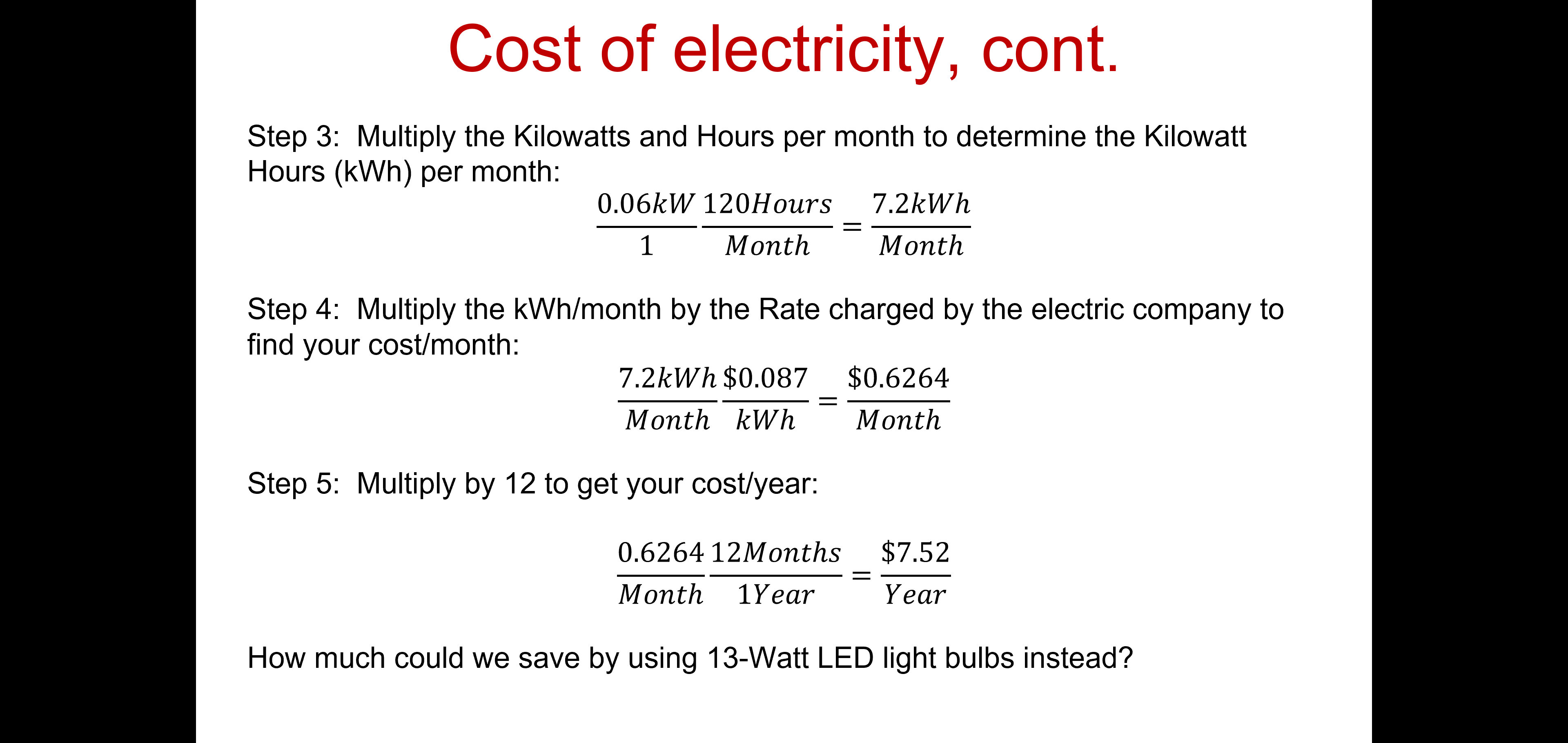
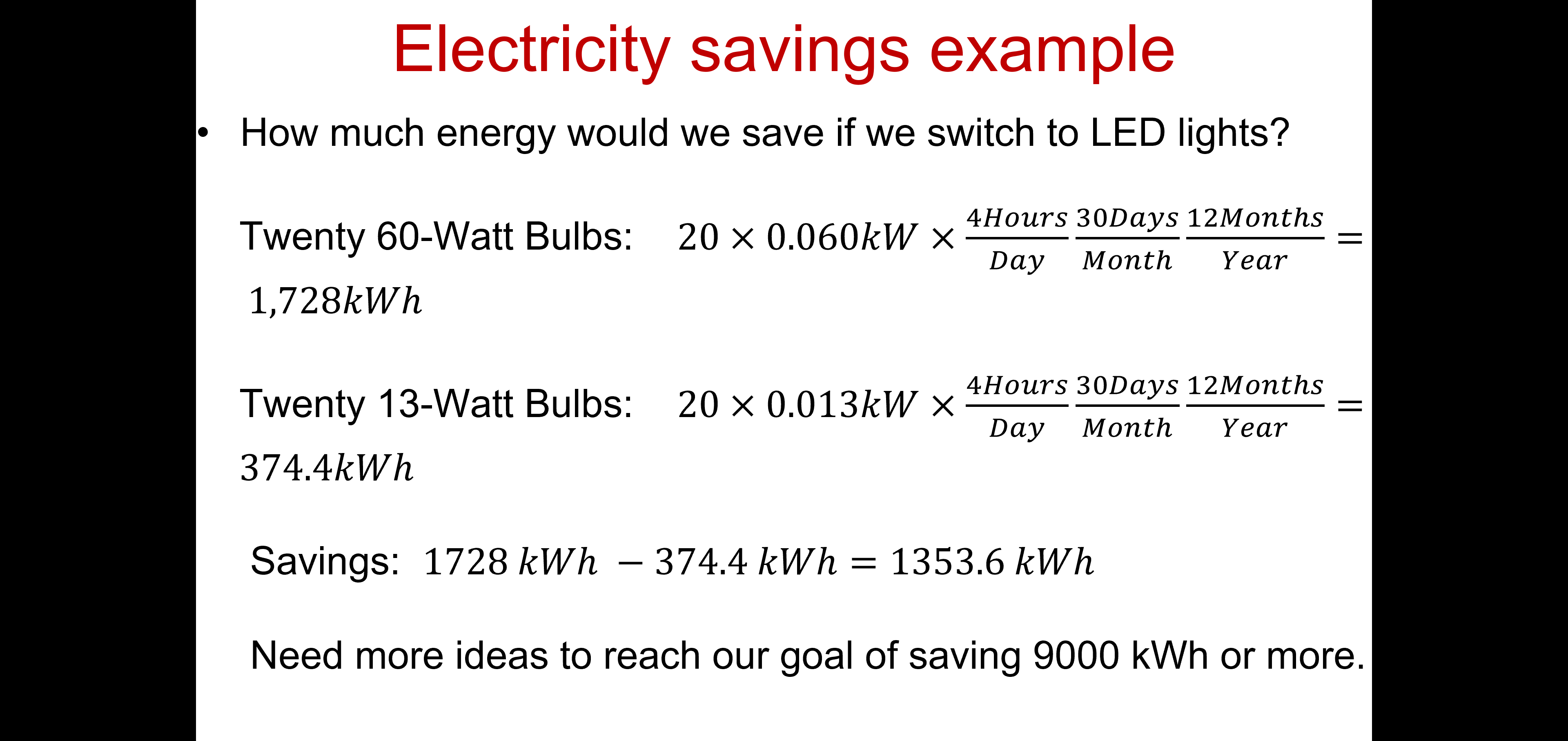
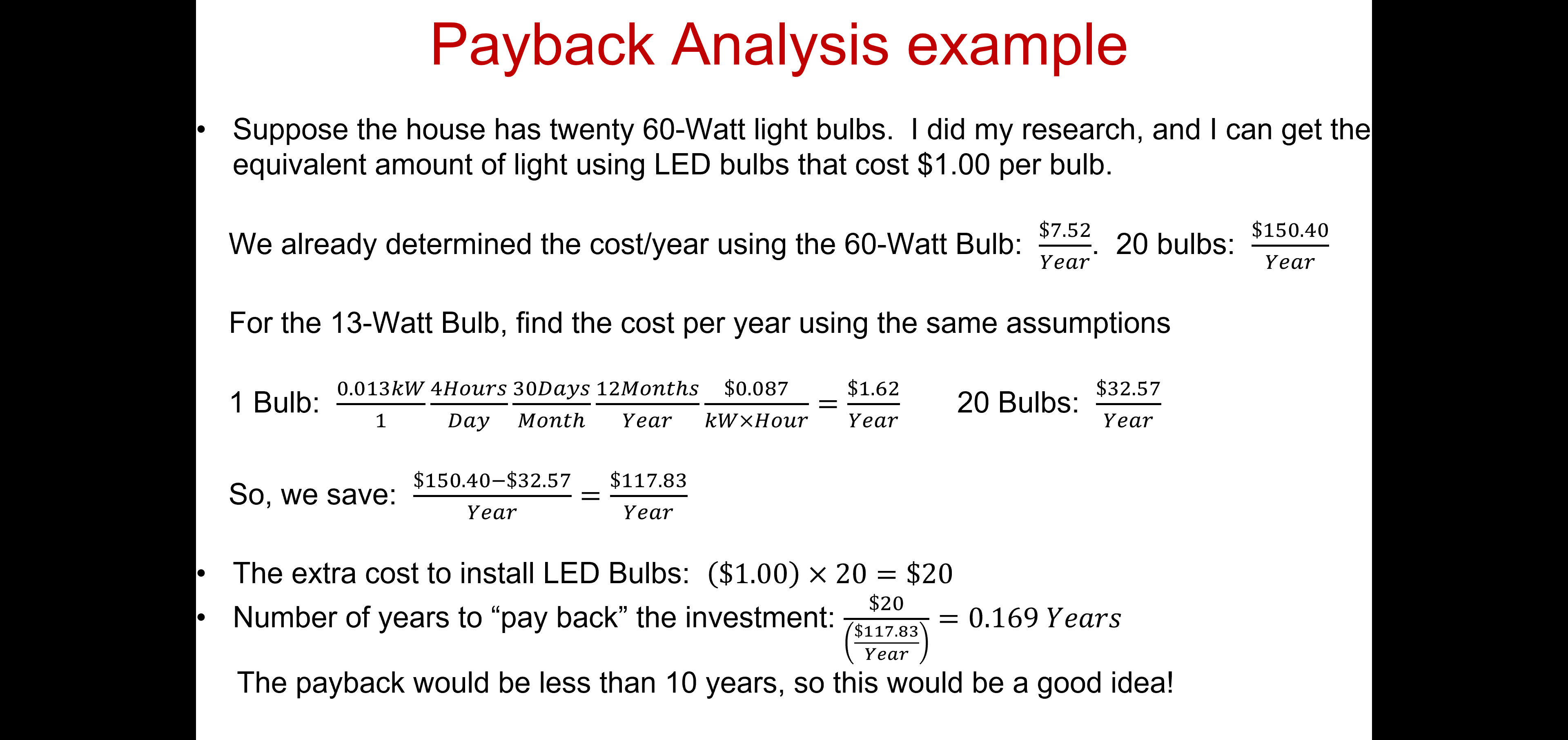
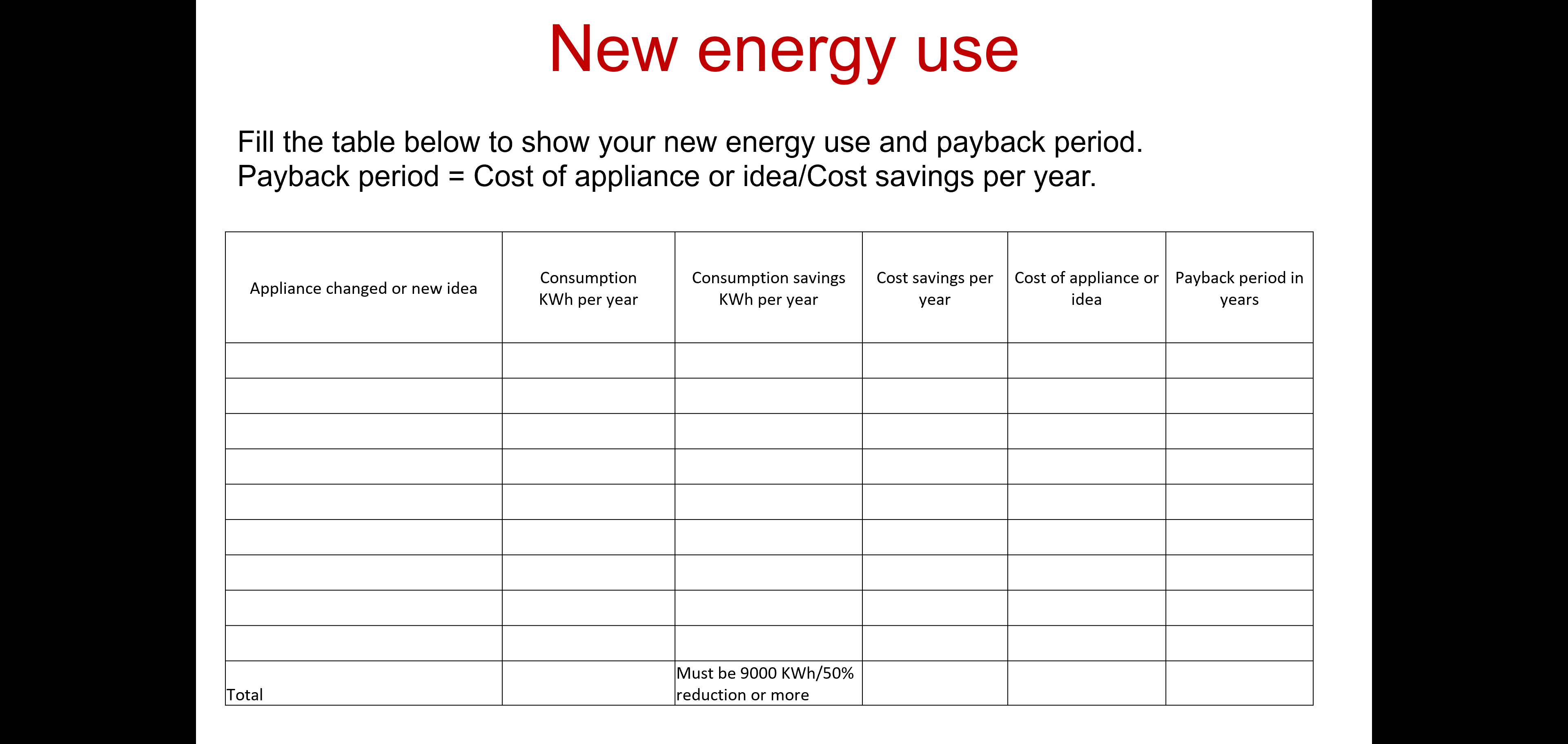
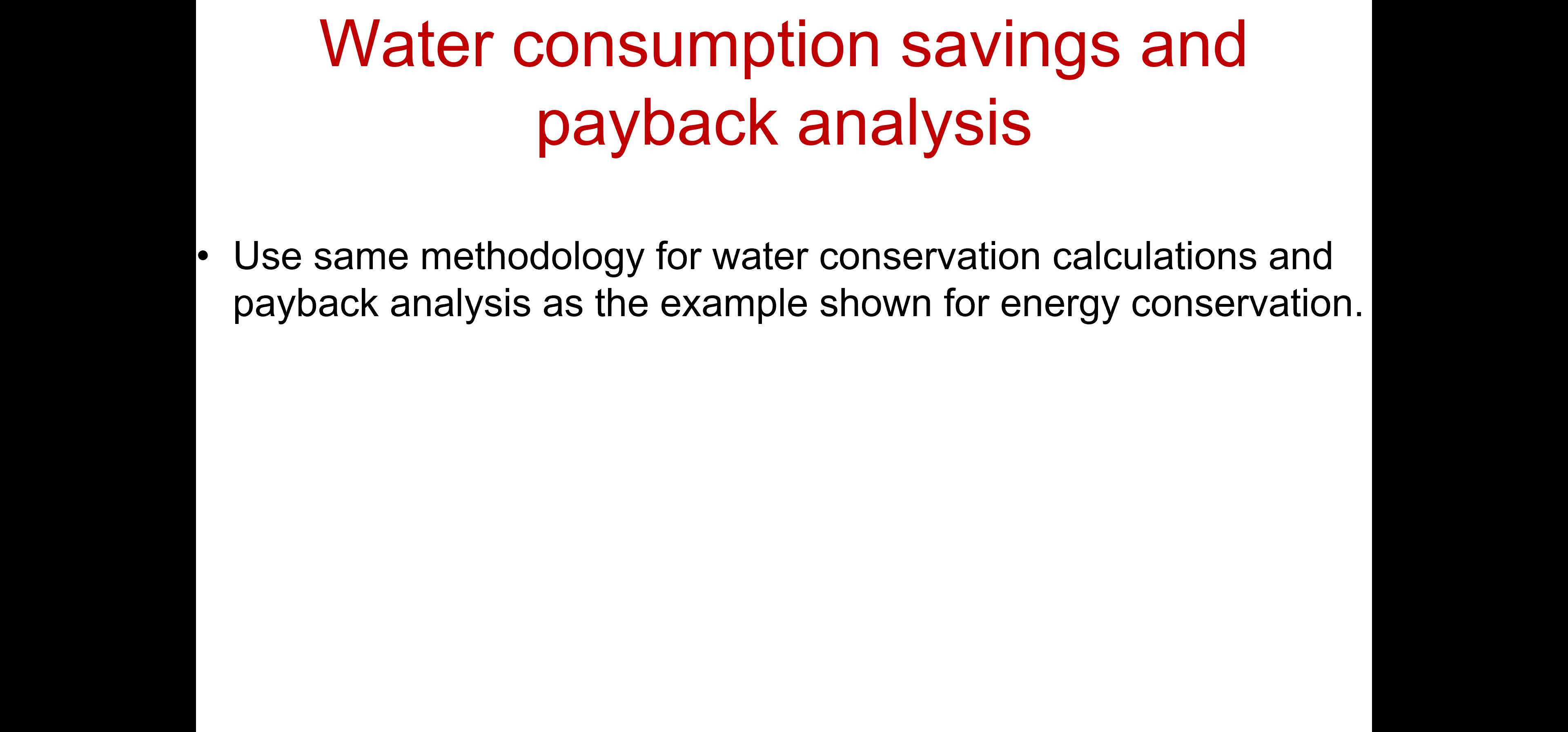
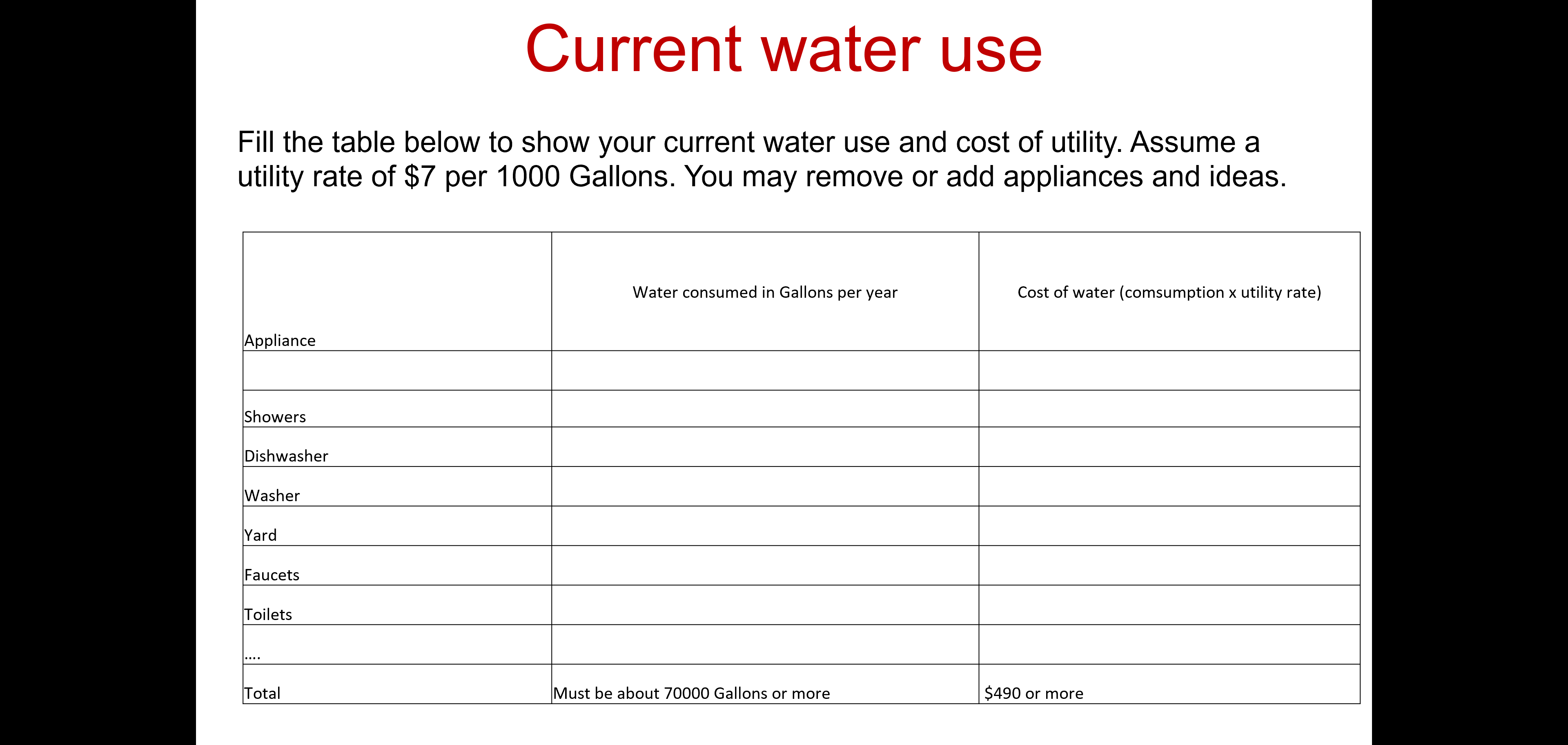
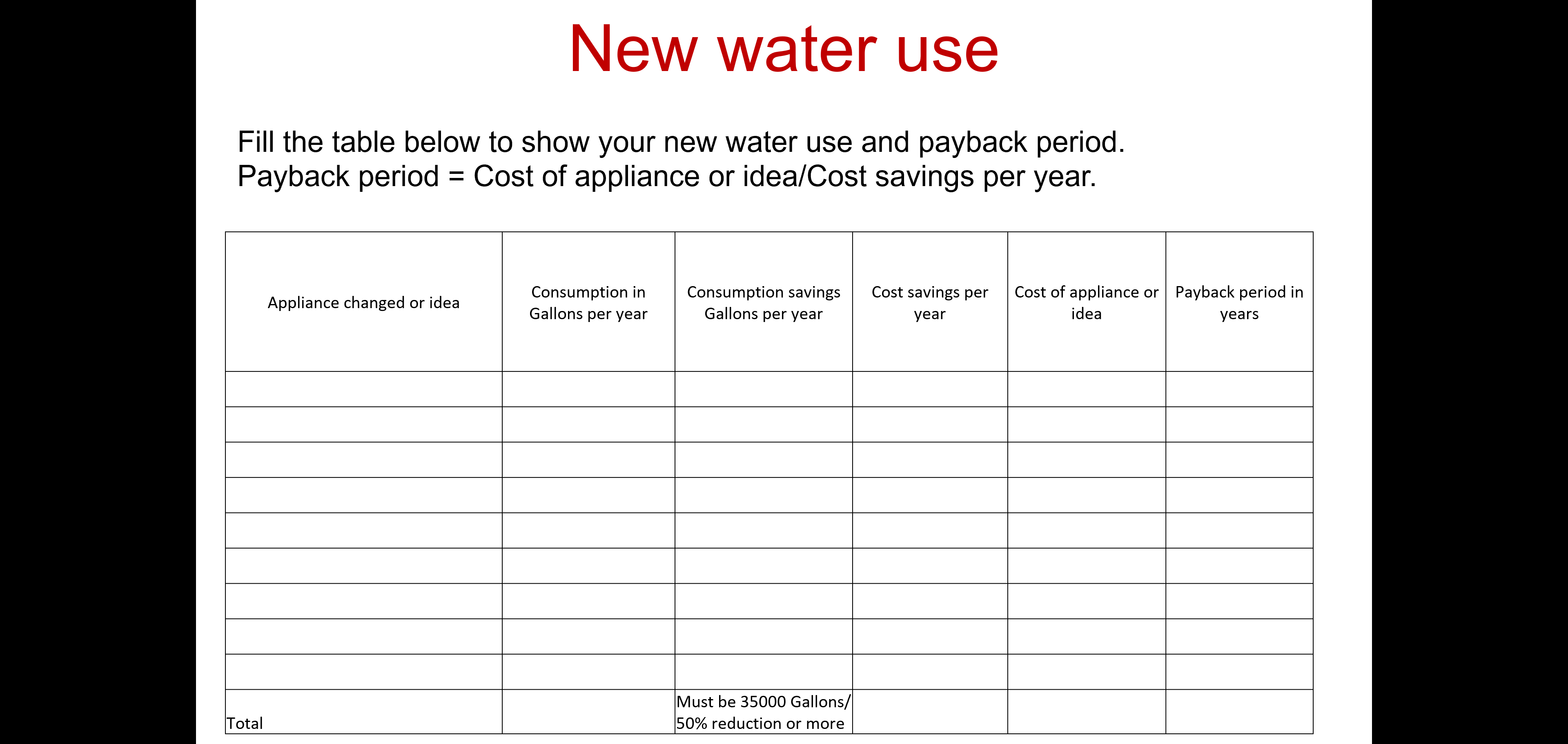
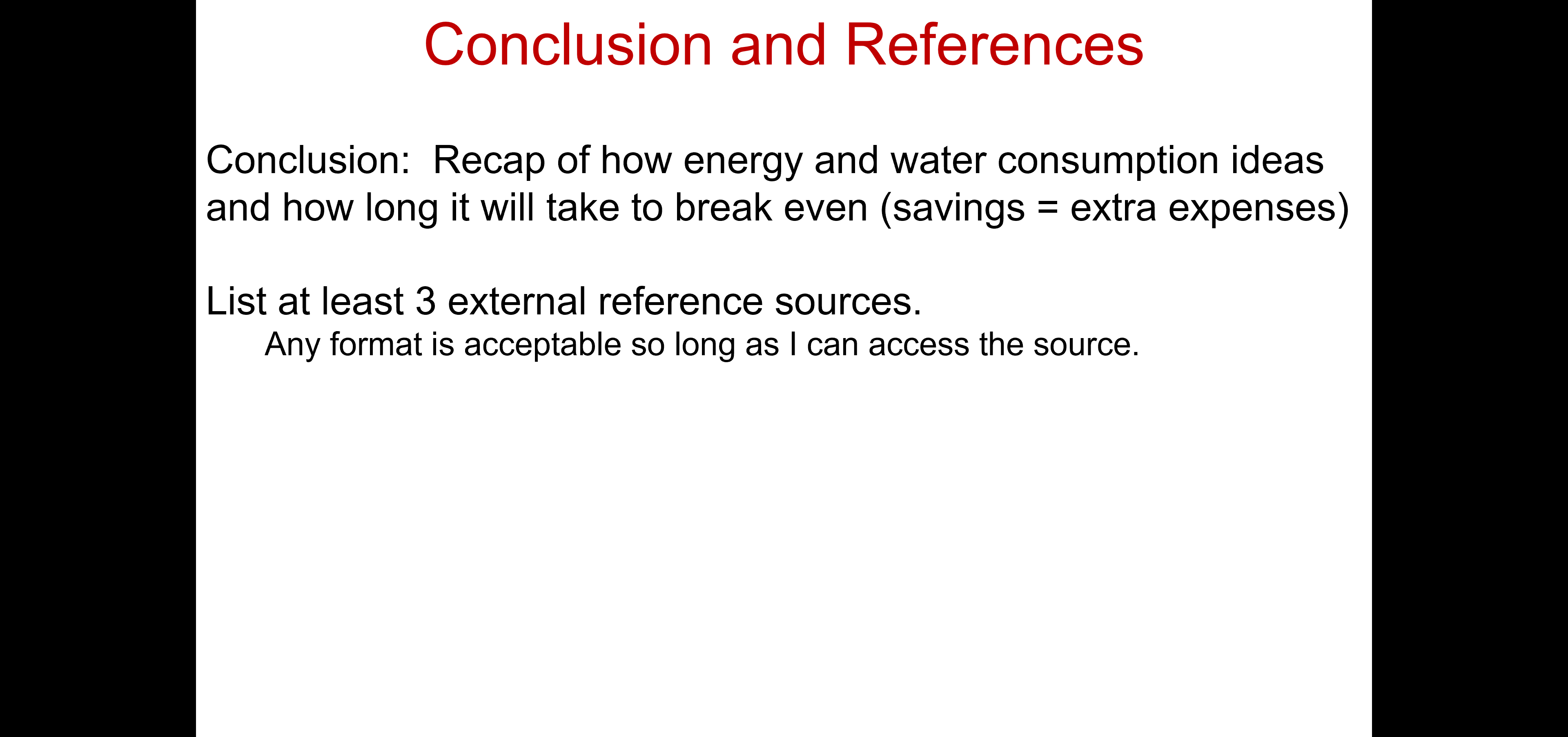
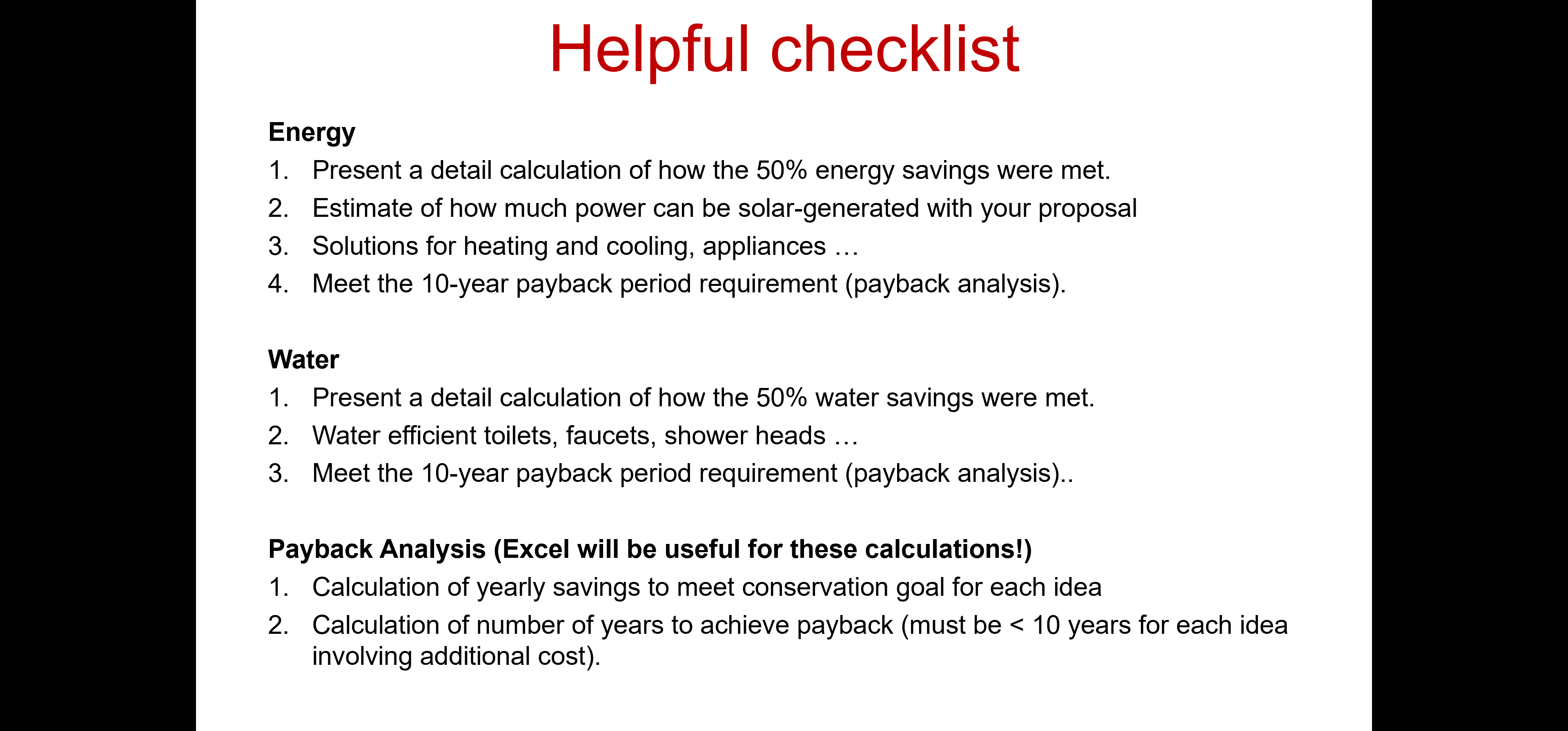
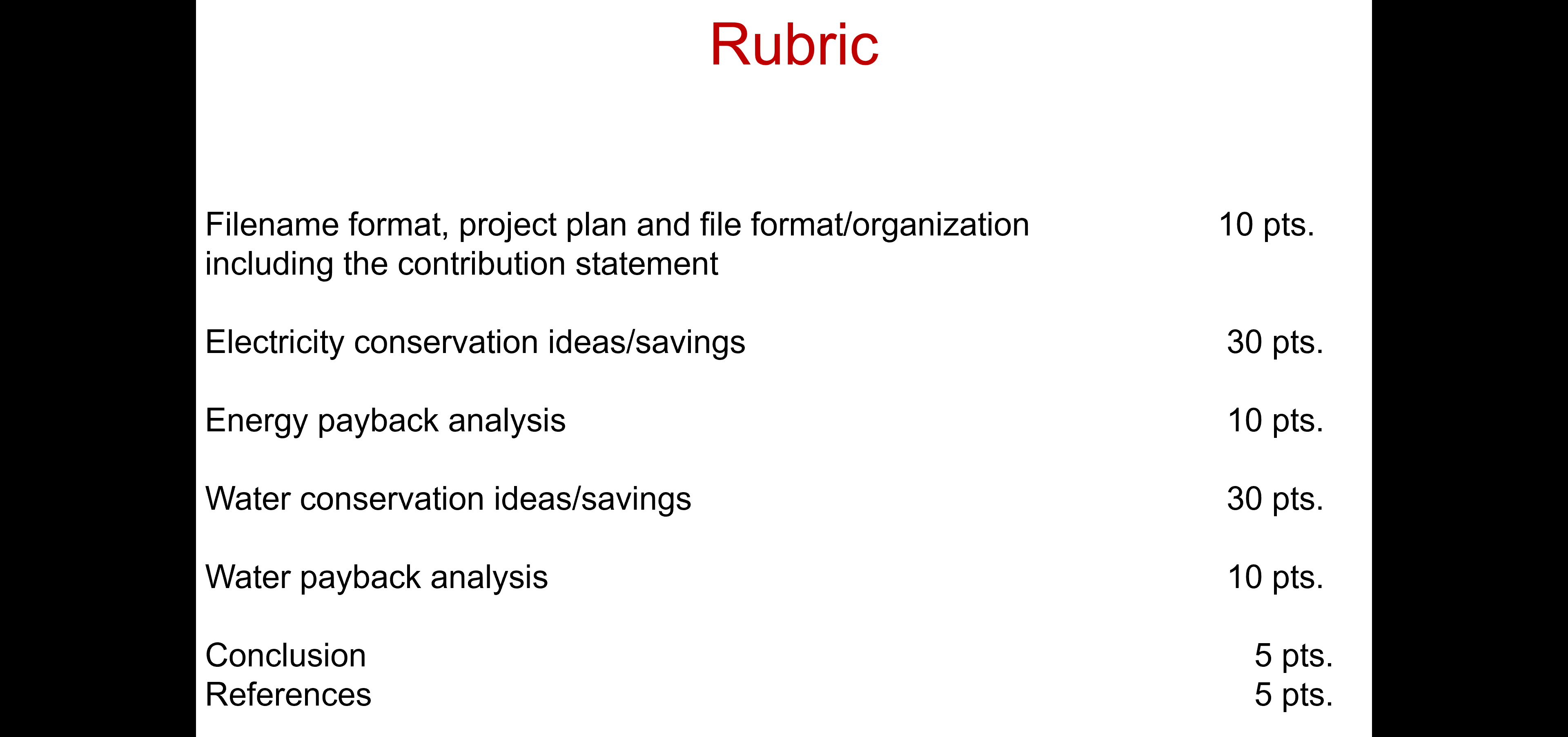
ENGR 1201: Introduction to Engineering Project: Green House High level Requirements Work in groups. Everyone must contribute to get full credit. Assign a group member to submit the project file on eCampus. Develop a PowerPoint file in the format described here and attach it to the assignment on eCampus by the due date listed on the assignment. You may submit only once. Filename format: Project Green House_Team #.ppt(x) or pdf. What is expected in the presentation file or outline Cover slide with topic, team number and member names Outline of what is in the file Project Goals and constraints Project plan Electricity and water usage (pre and post reduction), conservation ideas and payback analysis. Conclusion and references Project Goal The average household in Texas with no pool consumes about 18,000 kilowatt-hours (kWh) of energy from "the grid" (www.eia.gov) and ~70,000 gallons of water from the municipal water supply per year. Our goal is to reduce each by 50% or more. Project Goals and constraints Your engineering firm has been selected by the State of Texas to participate in an initiative to develop a plan for an energy efficient house that meets the following criteria (goals and constraints). Your design should be for a 3000 sq. ft, 3 Bedrooms, 2 full bathrooms house with modern amenities (Heat/AC, washer/dryer, dishwasher, oven, microwave, shower, sinks, toilets) Before After 70K gallons or more > 35K gallons/50% reduction or more 18000 kWh or more > 9000 kWh/50% reduction or more No solar energy > 1/3 from solar panels (3000 kWh or more) The cost of any idea/appliance to achieve desired energy/water reduction must be paid back in utility cost savings in 10 years or less. Project Deliverable Project file detailing how you will achieve the requirements. Make sure to address all the requirements (see reference checklist and rubric at end of this file). Use the plan template to show what needs to be done, who is responsible and completion date. Also, answer the contribution question. Show how you calculated the energy and water cost savings and payback period. Tabulate your data in the format shown. o Conclusion: Recap of how you achieved the project requirements. o References used (at least three references in any format so long as I can access the source cited). Project Plan Fill this template by naming the tasks and add as many tasks as needed. Do not put the same date on all the tasks. Some tasks must be done before others can start. Do not delete any entry. Each team member must have at least one task. Task (What) Due/completion date (When) Resource (Who) Rabah Mezenner Project assigned June 19 Project plan complete date All members Task 1 date Team member name(s) Task 2 date Team member name(s) Task 3 date Team member name(s) date Team member name(s) date Team member name(s) Final edit of file date Team member name(s) Upload project file Actual submission date Team member name Project Plan, cont. Examples for tasks: Energy conservation: Research Solar Energy, Appliances, LED bulbs, etc. Keep adding tasks as new ideas emerge for energy conservation. Water conservation: Research Showers, Toilets, etc. Keep adding tasks as new ideas emerge for water conservation. Answer following question and follow the instructions: Does everyone in the team deserve the same credit for the project? Yes or No If the answer is unanimous YES, no other action is needed. If the answer is NO (one or more team members disagree), submit the assignment with just a NO answer, then member(s) who objected to YES answer send me an email that includes: Your section #, team # and who does not deserve the same credit as the team and why. Current energy use Fill the table below to show your current energy use and cost of utility. Assume a utility rate of $0.10/KWh. You may remove or add appliances and ideas. Appliance/idea Lights Air Conditioner Washer/Dryer Oven/Stove Microwave oven Refrigerator No solar panels Total Consumption in KWh per year (Power rating x time in use) Cost of energy (consumption x utility rate) Must be 18000 kWh or more $1800 or more Electricity consumption example The "Watt" is the unit of power most used in the US. If you go to a store and buy any electric device, such as a light bulb or washing machine, it will be labelled with the amount of power the device will consume, typically in Watts or Kilowatts (kW). (Kilo means 103, or 1000). 1kW = 1000 Watts Electric companies bill you based on a different unit: "Kilowatt Hours" (abbreviated kWh). Note that this is not "Kilowatts per Hour" o Kilowatt Hours are billed based on the energy consumed (number of Kilowatts multiplied by the time you use the device). Cost of electricity example Assume that you using an electric company for a rate of 8.7 cents per Kilowatt Hour: $0.087 kWh Example: You are using a 60-Watt light bulb, and you plan to have it "on" 4 hours per day. How much will it cost each month? Each year? Step 1: State the energy consumed in Kilowatts 60W 1kW == 0.06kW 1 1000 Watts Step 2: Calculate the number of Hours used per month: 4Hours 30Days Day Month 120Hours Month Cost of electricity, cont. Step 3: Multiply the Kilowatts and Hours per month to determine the Kilowatt Hours (kWh) per month: 0.06kW 120Hours 7.2kWh 1 Month Month Step 4: Multiply the kWh/month by the Rate charged by the electric company to find your cost/month: 7.2kWh $0.087 $0.6264 Month kWh Month Step 5: Multiply by 12 to get your cost/year: 0.6264 12Months $7.52 Month 1Year Year How much could we save by using 13-Watt LED light bulbs instead? Electricity savings example How much energy would we save if we switch to LED lights? Twenty 60-Watt Bulbs: 20 0.060kW 1,728kWh 4Hours 30Days 12 Months Day Month Year 4Hours 30Days 12Months Twenty 13-Watt Bulbs: 20 0.013kW 374.4kWh Day Month Year Savings: 1728 kWh - 374.4 kWh = 1353.6 kWh Need more ideas to reach our goal of saving 9000 kWh or more. Payback Analysis example Suppose the house has twenty 60-Watt light bulbs. I did my research, and I can get the equivalent amount of light using LED bulbs that cost $1.00 per bulb. We already determined the cost/year using the 60-Watt Bulb: $7.52 Year $150.40 20 bulbs: Year For the 13-Watt Bulb, find the cost per year using the same assumptions 1 Bulb: 1 0.013kW 4Hours 30Days 12 Months $0.087 $1.62 Day Month kWHour Year 20 Bulbs: Year $32.57 Year $150.40-$32.57 So, we save: Year $117.83 Year The extra cost to install LED Bulbs: ($1.00) 20 = $20 Number of years to pay back the investment: $20 0.169 Years $117.83 Year The payback would be less than 10 years, so this would be a good idea! New energy use Fill the table below to show your new energy use and payback period. Payback period = Cost of appliance or idea/Cost savings per year. Appliance changed or new idea Consumption KWh per year Consumption savings KWh per year year Cost savings per Cost of appliance or Payback period in idea years Total Must be 9000 KWh/50% reduction or more Water consumption savings and payback analysis Use same methodology for water conservation calculations and payback analysis as the example shown for energy conservation. Current water use Fill the table below to show your current water use and cost of utility. Assume a utility rate of $7 per 1000 Gallons. You may remove or add appliances and ideas. Appliance Showers Dishwasher Washer Yard Faucets Toilets .... Total Water consumed in Gallons per year Cost of water (comsumption x utility rate). Must be about 70000 Gallons or more $490 or more New water use Fill the table below to show your new water use and payback period. Payback period = Cost of appliance or idea/Cost savings per year. Appliance changed or ideal Consumption in Gallons per year Consumption savings Gallons per year Cost savings per year Cost of appliance or Payback period in idea years Total Must be 35000 Gallons/ 50% reduction or more Conclusion and References Conclusion: Recap of how energy and water consumption ideas and how long it will take to break even (savings = extra expenses) List at least 3 external reference sources. Any format is acceptable so long as I can access the source. Helpful checklist Energy 1. Present a detail calculation of how the 50% energy savings were met. 2. Estimate of how much power can be solar-generated with your proposal 3. Solutions for heating and cooling, appliances ... 4. Meet the 10-year payback period requirement (payback analysis). Water 1. Present a detail calculation of how the 50% water savings were met. 2. Water efficient toilets, faucets, shower heads ... 3. Meet the 10-year payback period requirement (payback analysis).. Payback Analysis (Excel will be useful for these calculations!) 1. Calculation of yearly savings to meet conservation goal for each idea 2. Calculation of number of years to achieve payback (must be < 10 years for each idea involving additional cost). Rubric Filename format, project plan and file format/organization 10 pts. including the contribution statement Electricity conservation ideas/savings Energy payback analysis Water conservation ideas/savings Water payback analysis Conclusion References 30 pts. 10 pts. 30 pts. 10 pts. 5 pts. 5 pts.
Step by Step Solution
There are 3 Steps involved in it
Step: 1

Get Instant Access to Expert-Tailored Solutions
See step-by-step solutions with expert insights and AI powered tools for academic success
Step: 2

Step: 3

Ace Your Homework with AI
Get the answers you need in no time with our AI-driven, step-by-step assistance
Get Started


